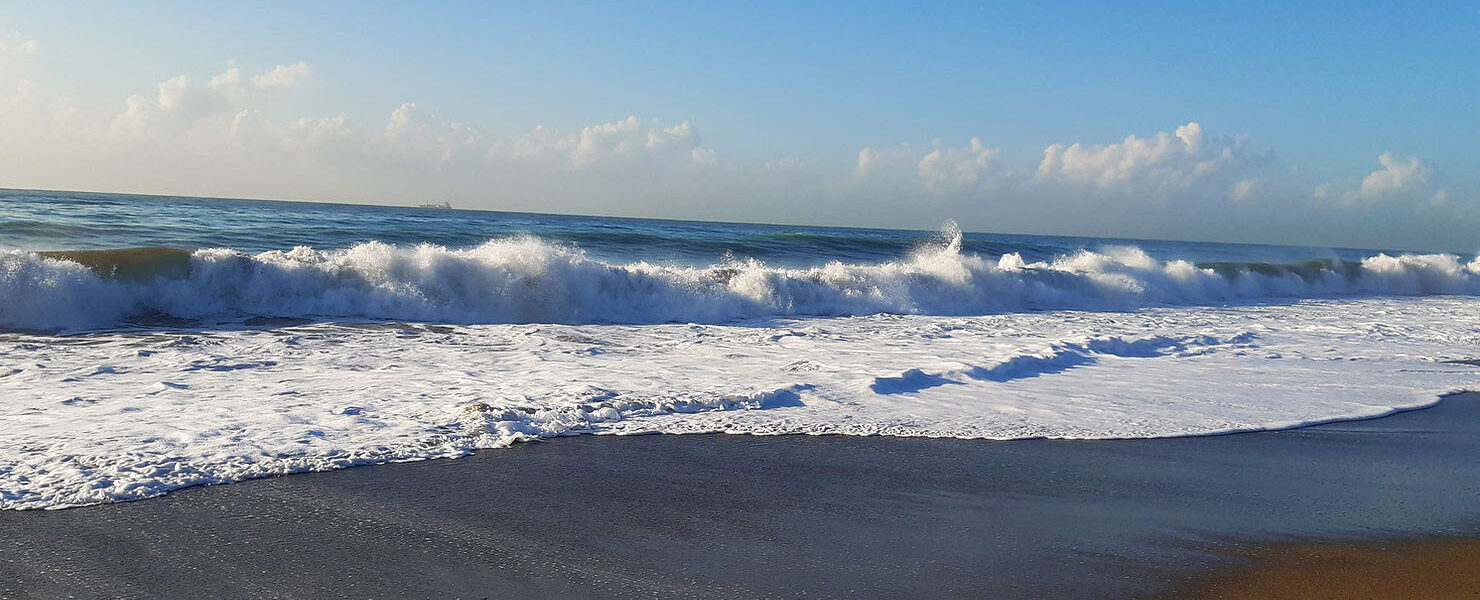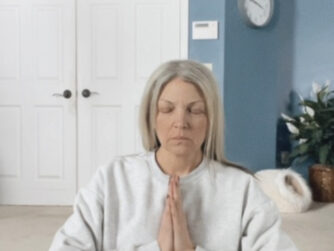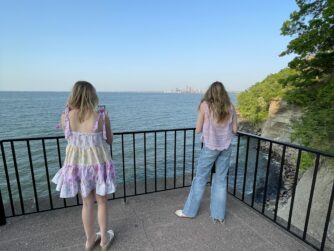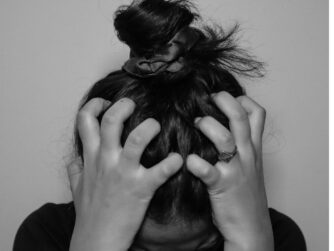Post-vacation blues (Canada and US), post-holiday blues (UK, Ireland and some Commonwealth countries) or post-travel depression (PTD) is a type of mood that people returning home from a long trip (usually a vacation) may experience.
After a great trip, the thought of returning to real life can feel depressing or start to bring up anxiety.
After dealing with months of high levels of anxiety, a week away on spring break with the family is exactly what I needed. However, as soon as we returned home, it was immediately back to work on a Saturday to get caught up, recording a few podcast episodes, house work, cleaning, laundry, grocery shopping, basically; life. The kids went off in every direction with me running them around and my anxiety raged back up with a sense of sadness from the vacation being over and back to our day to day lives.
The saying, ” Live a life you don’t need a vacation from” I feel like is very true for me. I love my life! I love all my jobs and careers. I am so lucky and fortunate to be able to do what I love to do.
So why am I experiencing so much anxiety again and a bit of sadness?
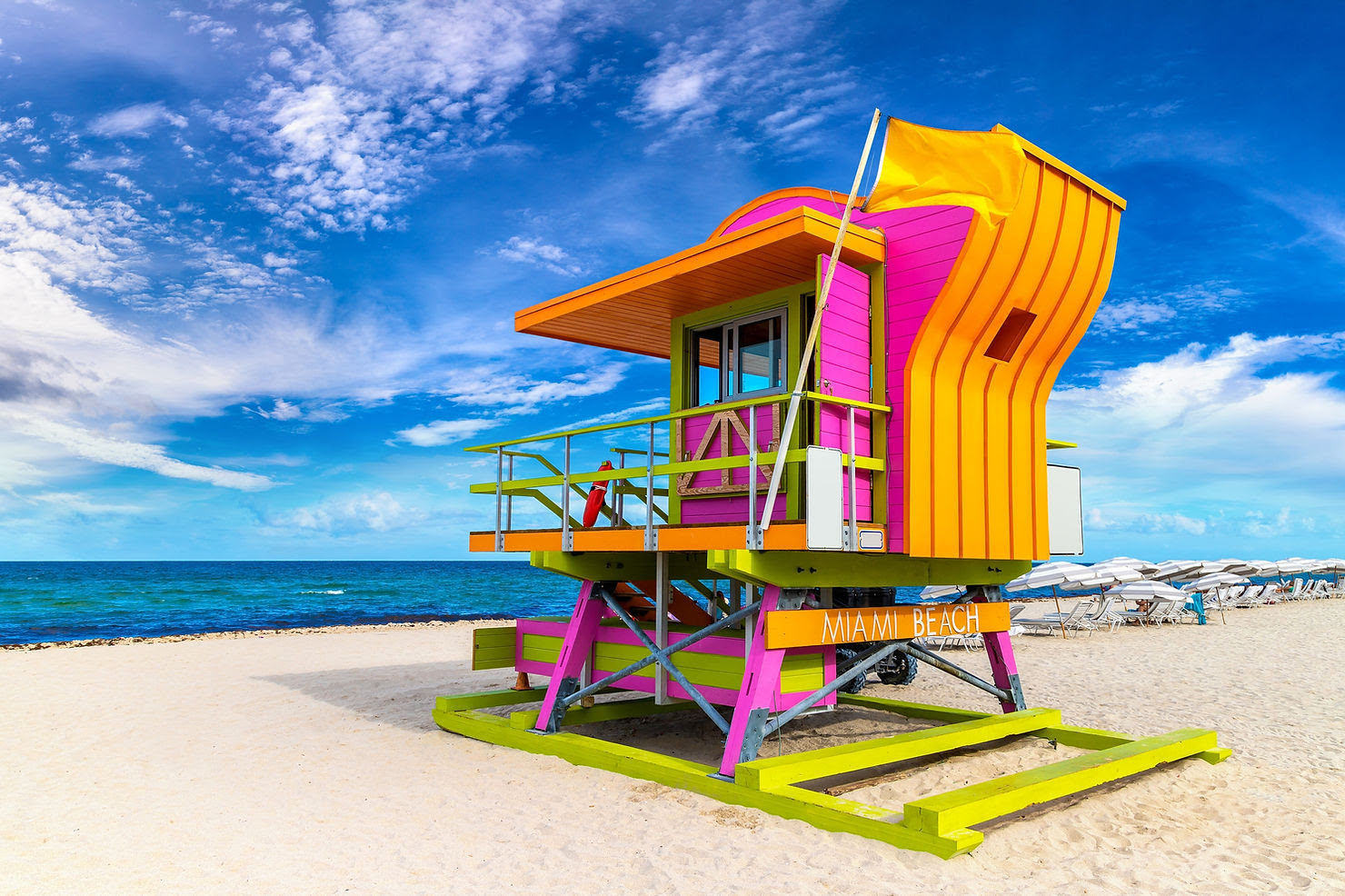
Tips to help you deal with a case of the post-vacation blues and stop those feelings:
1. Minimize work and household chores
We often overload ourselves with a long list of household chores as soon as we get back home or jump straight into work at lightning speed which emphasizes the contrast between vacation and reality.
Don’t dread coming home to chores; do them before you leave. Clean your house before you leave, do as much work as possible before you leave so you’re not playing catch up when you get home. Allow yourself to know the laundry does not need done immediately and if you can afford it and it helps you order your groceries to have a few necessities and when you don’t feel rushed or stressed go to the grocery store.
2. Practice gratitude
Take some time to replay your positive travel memories back. You can make an album, journal or do what I have been doing for years, is to create a slide show and put it to music.
You can also look forward to good things back home. Give yourself plenty of things to look forward to when you return.
3. Take an extra day off
If you’re able to, take Monday off. Take the time to get organized.
4. Exercise
Numerous scientific studies have shown moderate to vigorous aerobic exercise is good for combating anxiety and depression. In fact, a study published in April in the journal JAMA Psychiatry, showed adults who did activities equivalent to 1.25 hours of brisk walking per week had an 18% lower risk of depression compared with those who did not exercise. Exercising doesn’t mean you won’t be depressed but it does help.
5. Plan more trips
The end of a vacation can cause anxiety because of what it represents: the end of freedom and fun and a return to the daily grind. It does not have to be this way.
If you’re starting to get depressed at the end of a vacation, plan, even informally, a few fun trips you can take in the near future. Or plan some fun activities to do when you get back home. Soon it will be summer and that means amusement parks will open, water parks, the zoo, baseball games, and more. Check your local activities to create some cheap and fun memories. You can even plan a fun get-together with family or friends.
6. Acknowledge your feelings
It’s ok to feel anxious, sad, or even a bit depressed. If it helps you, journal on these feelings, meditate, process through them. Talk to your family, I bet they might be feeling the same way too. When we acknowledge our feelings it is healthy and we can accept that a very good time was had and it’s ok to feel a bit sad now that the vacation is over.
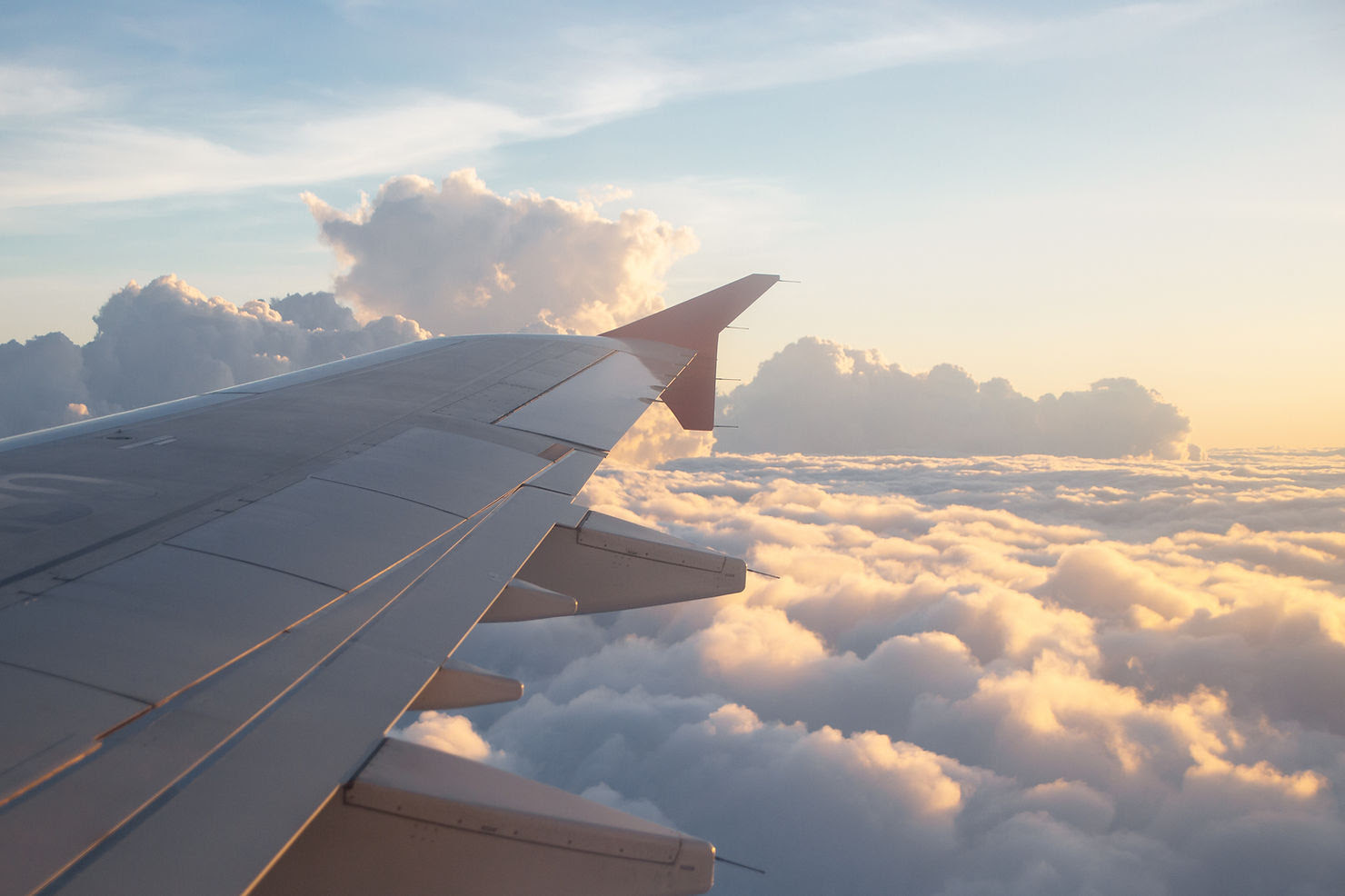
Just remember almost everyone has a little anxiety at the thought of returning to real life, but if you feel an overwhelming sense of dread, it might be a sign that you need change in your day-to-day routine and if it seems too much to handle, it might be time to talk to a professional.

